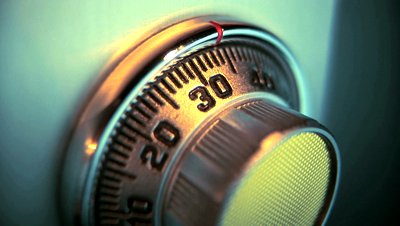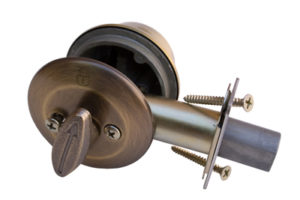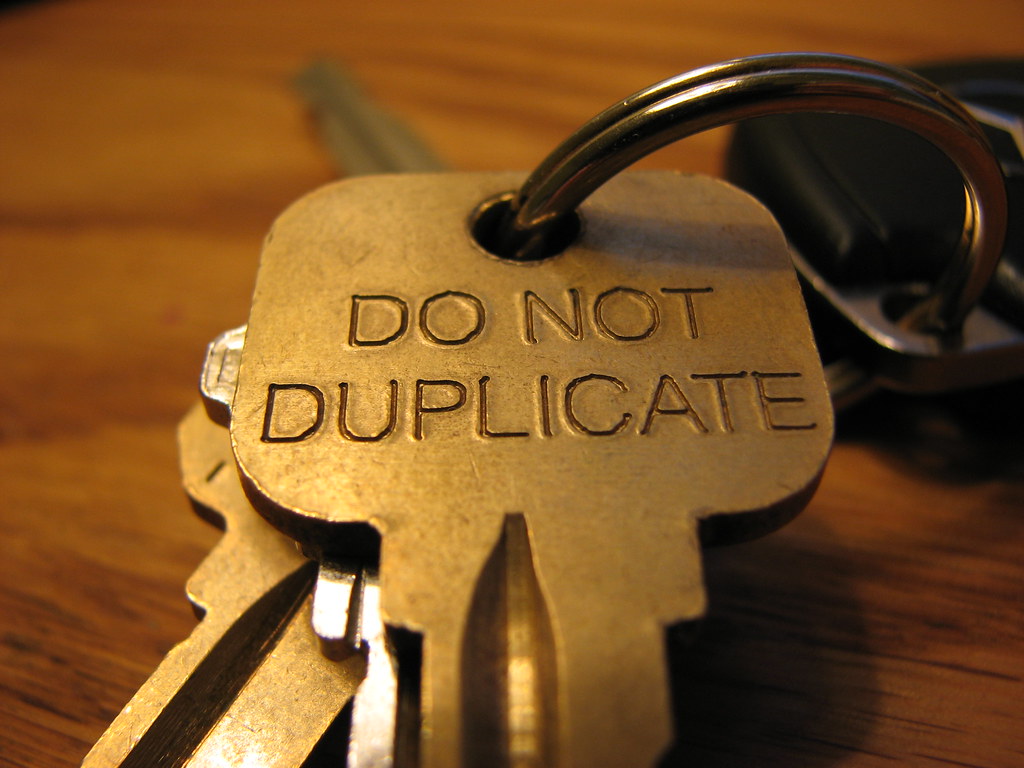Ever consider buying a safe? Below are a few things to consider when you are buying and placing a safe. This information is intended to help you to protect your property and give you some peace of mind.

Safes Aren’t Invincible
The saying in the security industry is that money buys you time. When you are paying for quality all you are really getting is a product that will give the thief more trouble. There is a reason that banks do not have their vaults in the middle of the lobby. A safe is just simply not enough protection. What gives you greater protection actually comes from your discretion and thinking of other layers of precaution- that is, safe placement. Secure your safe so not only is it hard to find, but make sure no one is looking for it.
Buy a Quality Safe
Like almost every aspect of security, the amount you pay is going to relate to the protection you get. For most safes, the doors are stronger than the body, and on cheaper safes the doors are as weak as the body. More expensive safes will have thicker and stronger metal. In very expensive models, the safes are made with materials in the metal that dull drills, blunt cutting tools, and disperse heat in defense of torch attacks. However, every safe can be opened with enough time and the right tools. That being said, time is what thieves do not want to spend. Therefore, the best deterrent is having the safe that is the hardest to break into.
Don’t Talk About Your Safe
Yes, safes are cool and it might be tempting to brag about it. But, mentioning you have a safe means you also have something expensive that you want to protect. That is exactly why you should not talk about your safe. Not a lot of people have safes, so if your home is ever robbed in an act of pure coincidence, there is no reason a person should be able to go straight to your safe. Having that information out there will make you more vulnerable. Word of mouth is a strong force when it comes to this- You cannot control who your friends and family members will tell, who those people will in turn tell, and so on. Break the cycle, and don’t talk about your safe.
Hide Your Safe Well
Do not keep your safe out in the open. Concealing the existence of a safe might even protect you if you slip up and mention you have a safe. If the safe is hidden well, then knowing about it is only going to be a third of the battle. The other two-thirds will come in finding it and getting into it. A great way of making both of these things more difficult is to put the safe in a wall or in the floor. This will help cover the weaker sides of the safe, which is everything but the door, and allow you to hide the safe with a false floor, wall, etc.
Inaccessibility is Good
The best safes are those that are made so you can’t even get to them. This is ideal for a safe that does not get frequent use. A safe behind a picture is hidden, but a safe that is inside a wall is invisible and inaccessible. Something that needs to be exhumed will never be stumbled upon by a common thief. This is a very old method that still has people finding money during home renovations, which is precisely how effective it can be. The people that hid their valuables cannot even remember where to look. This is truly the best way to hide a safe. Again, it is not practical for safes that you want to be able to access periodically because it should ideally be very time-consuming and require a fair amount of destruction. Hiding something that requires destruction of your own property will also be the last suspicion for a burglar.
Get Creative
We’ve all see movies that feature safes. Get creative with your home safe. The movies show all those obvious ways that people can hide their safes: under loose floorboards, behind a picture, etc. But you can think of better ways- because every time we see a framed picture or hear a squeaky floor, we can’t help but wonder. Do the unexpected and your standard criminal will never be able to find your safe, let alone break into it.
Don’t rely on the illusion of security. Learn how criminals are going to approach your valuables, and you set yourself on the path to never being robbed.



 There are many things you can do to boost home security, such as adding an alarm system or getting a guard dog, but unless you have working deadbolt locks and actually use them, your home isn’t secure, locksmiths say.
There are many things you can do to boost home security, such as adding an alarm system or getting a guard dog, but unless you have working deadbolt locks and actually use them, your home isn’t secure, locksmiths say.